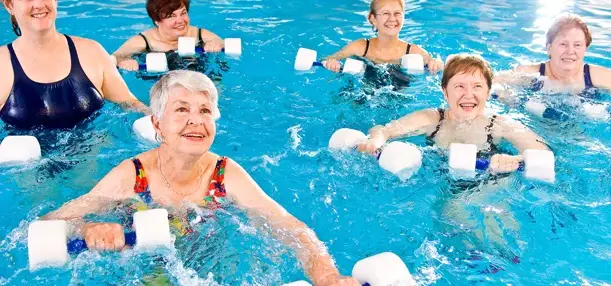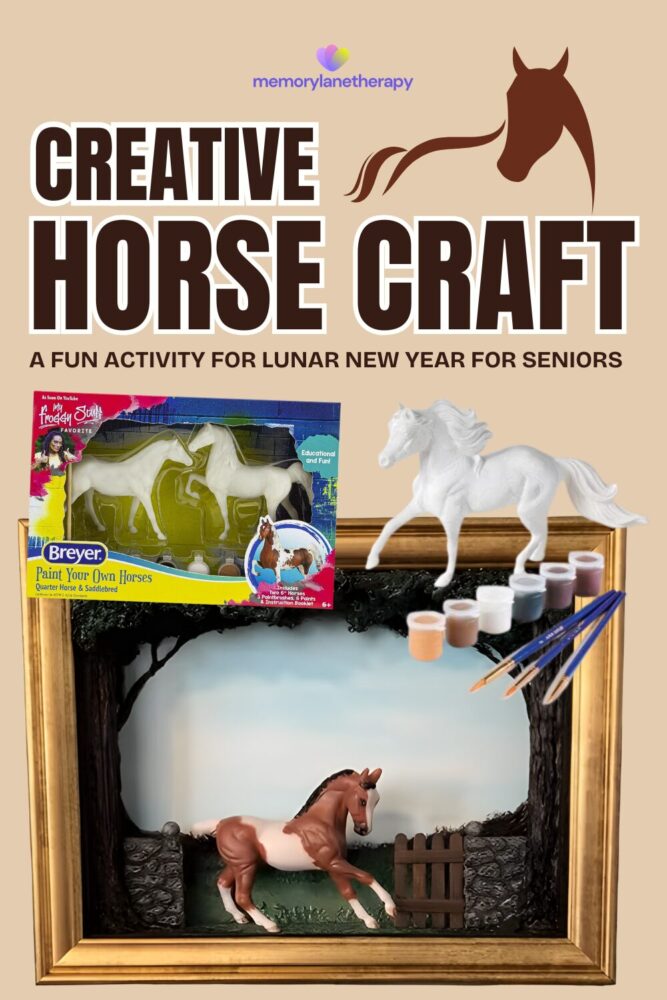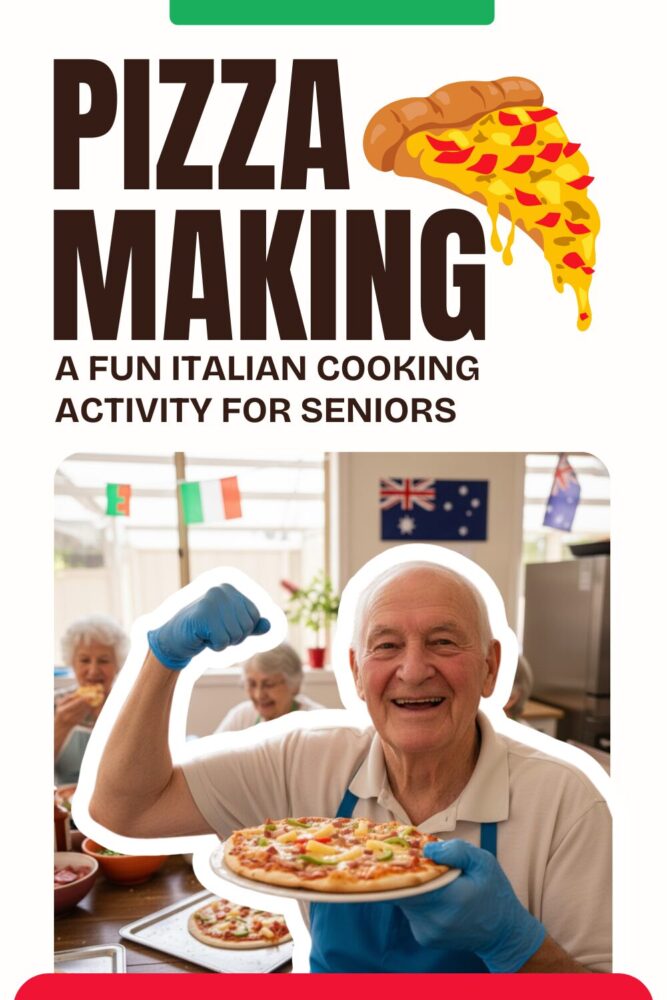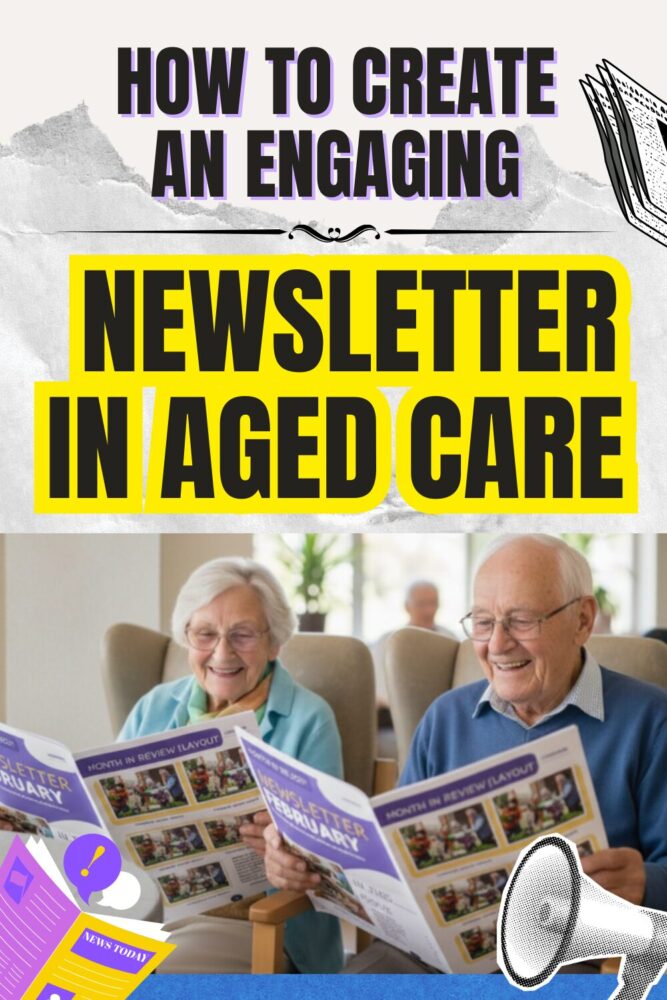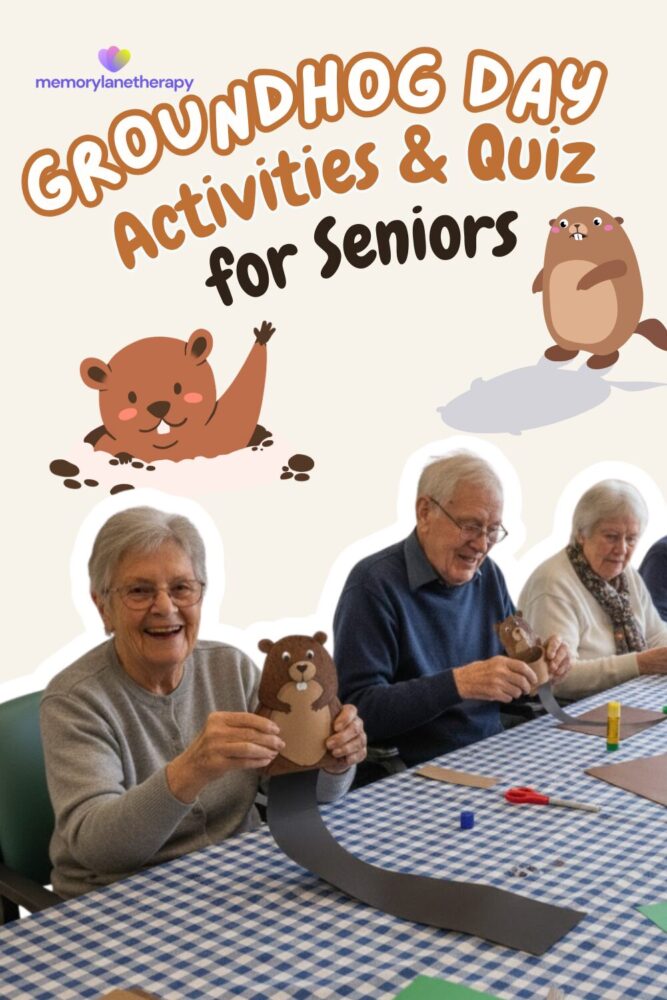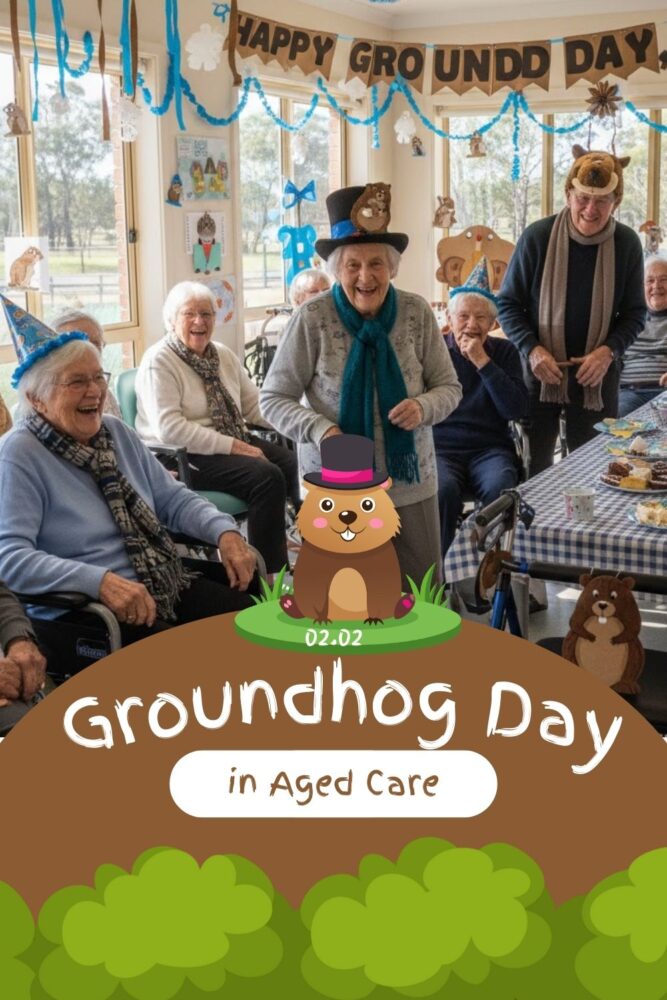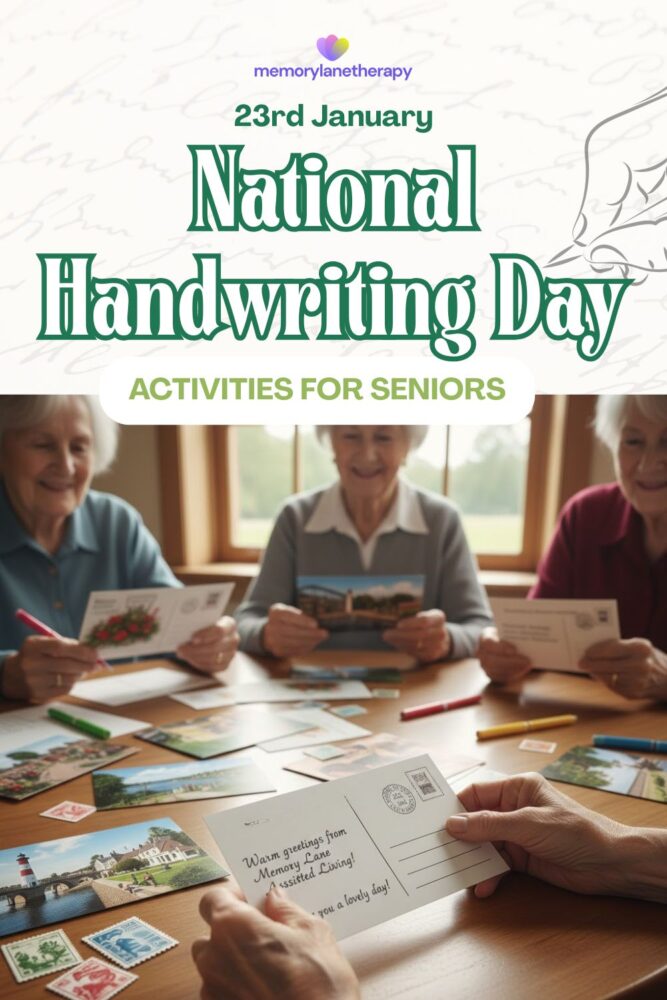Discover Exercise for Seniors! Exercise is super important for older adults, both in nursing homes and living on their own. It helps keep your body and mind strong even after 65. Doing some simple exercises every day can make a big difference. You’ll feel better and have more energy, just like when you were younger!
This article will show you some easy exercises you can do. We’ll also talk about healthy eating. By following these tips, you can stay at a healthy weight and keep your brain sharp. You might even get sick less often and save money on healthcare later in life.
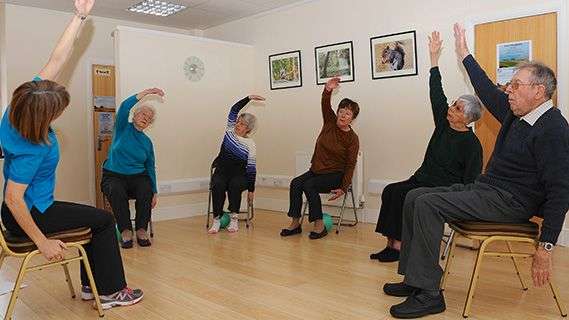
Thinking about starting an exercise program? Great! This article is for you, whether you’re caring for a senior or are over 65 yourself. We’ll explain different types of exercise that fit your age and how much you can move around. We’ll also give you some goals to help you stay on track. Are you ready to learn from science-based studies
Science-backed studies are here to guide you! Dive into their findings and discover actionable steps you can take right now.
The Prevention of Heart Disease in Seniors
A Cleveland clinic ran a study in 2019. They wanted to see if exercise helps prevent heart disease. This is because some people worry that intense exercise might damage the heart, even though it’s good for you.
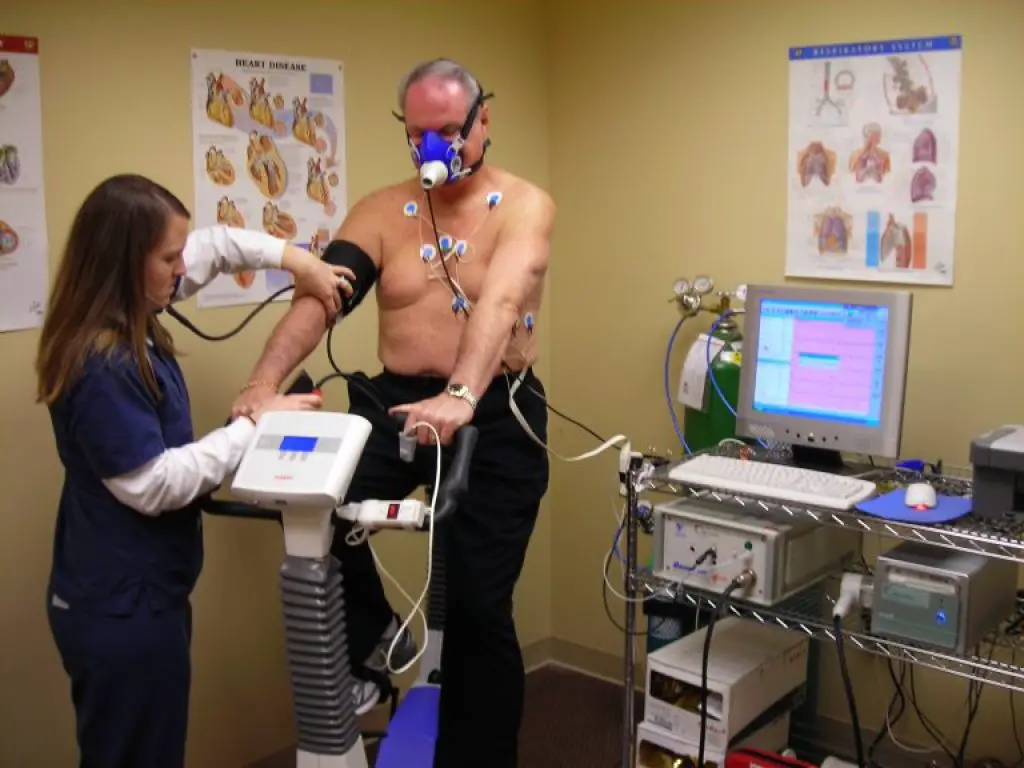
Researchers studied 178 athletes at the World Senior Games. All the athletes were over 50 years old, with an average age of 68.
The level of exercise of the participants ranged from low, medium and high intensity. Researchers performed echocardiograms on the seniors to measure their heart function. The study determined that high levels of exercise actually improved heart function for seniors.
“We were able to find that in seniors who exerted high-intensity exercise. It actually preserved the filling-function of the heart, more than it did in people who had moderate-intensity exercise or lower-intensity exercise,” said Chete Eze-Nliam, M.D., MPH, of Cleveland Clinic, who led the research.
Exercise for Seniors in Aged Care
Exercise is very important in aged care as it keeps the body supple, lifts the mood and spirits of participants and gives a feeling of wellbeing and achievement. For an older person, the word exercise can be daunting and they may think that at their age exercise is no longer a priority.
In the aged care lifestyle program, we often run activities that have some sort of physical exercise and if our residents are having a fun time they don’t even realize that they are exercising. Let us discover some of the activities that people can do and enjoy!
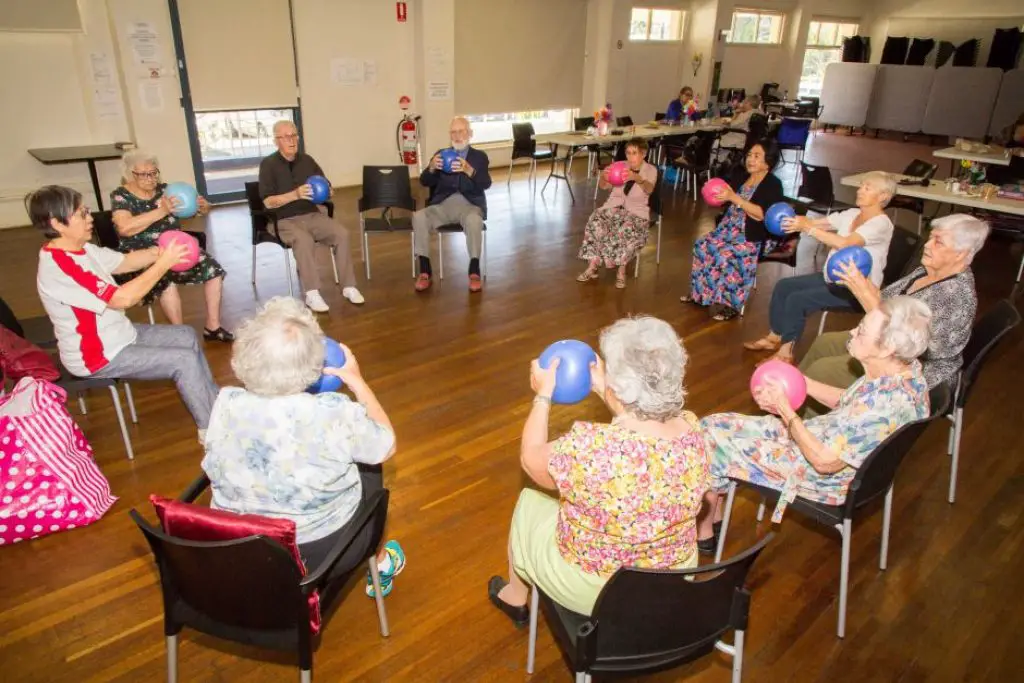
- Come up with names for activities that don’t say physical exercise or exercise groups like Tone up with Toni, Bob’s Bowls, Bean Bag Toss, Seated Tai Chi & Yoga
- Upbeat music gets seniors moving! Playing popular tunes in the background during activities encourages participation and keeps them physically engaged.
- Tai Chi and Yoga groups benefit from soothing and oriental music to complement the activity.
- People in wheelchairs can join in as they still can participate sitting down or if someone is feeling unstable on their feet that can sit on a chair, all these activities have been done easily in a seated position.
- Make sure the area you are using is clear of obstacles and have all the equipment needed for the activity set up and ready to start when the residents arrive
- Have seats in rows so everyone can watch all participants and also rest until it is their turn to join in the game.
- Serve a refreshment midway through the activity to keep everyone hydrated.
Exercise for Seniors: Move Your Body, Boost Your Brain
Research published in the National Library of Medicine shows that regular exercise improves brain function and that body and mind are closely linked. Studies show that seniors that exercise regularly can experience the benefits of an improved and healthier central nervous system with much resistance to neurological disorders like Alzheimer’s and dementia.

Which exercise is best suited for seniors (and which to avoid)
Choosing the right exercise program is important to each individual, to ensure it is sustainable it should be free from pain and risk of injury. We have listed the top choices to cater for different levels of mobility.
- Water aerobics
- Seated Yoga
- Walking
- Pilates
- Strength training with lighter weights
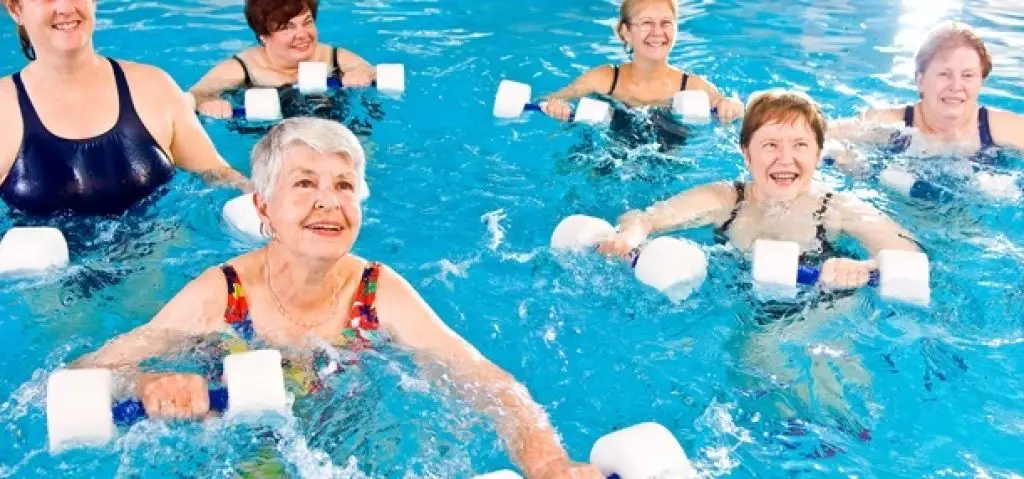
Memory Lane Therapy lists these exercises that are not recommended for those over 65 years.
- Bench press
- Heavy compound movements like deadlift and squat
- Upright row
- High-intensity interval training
- Rock climbing

